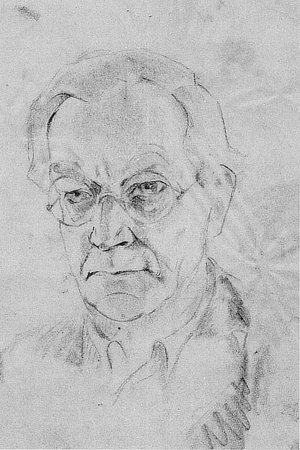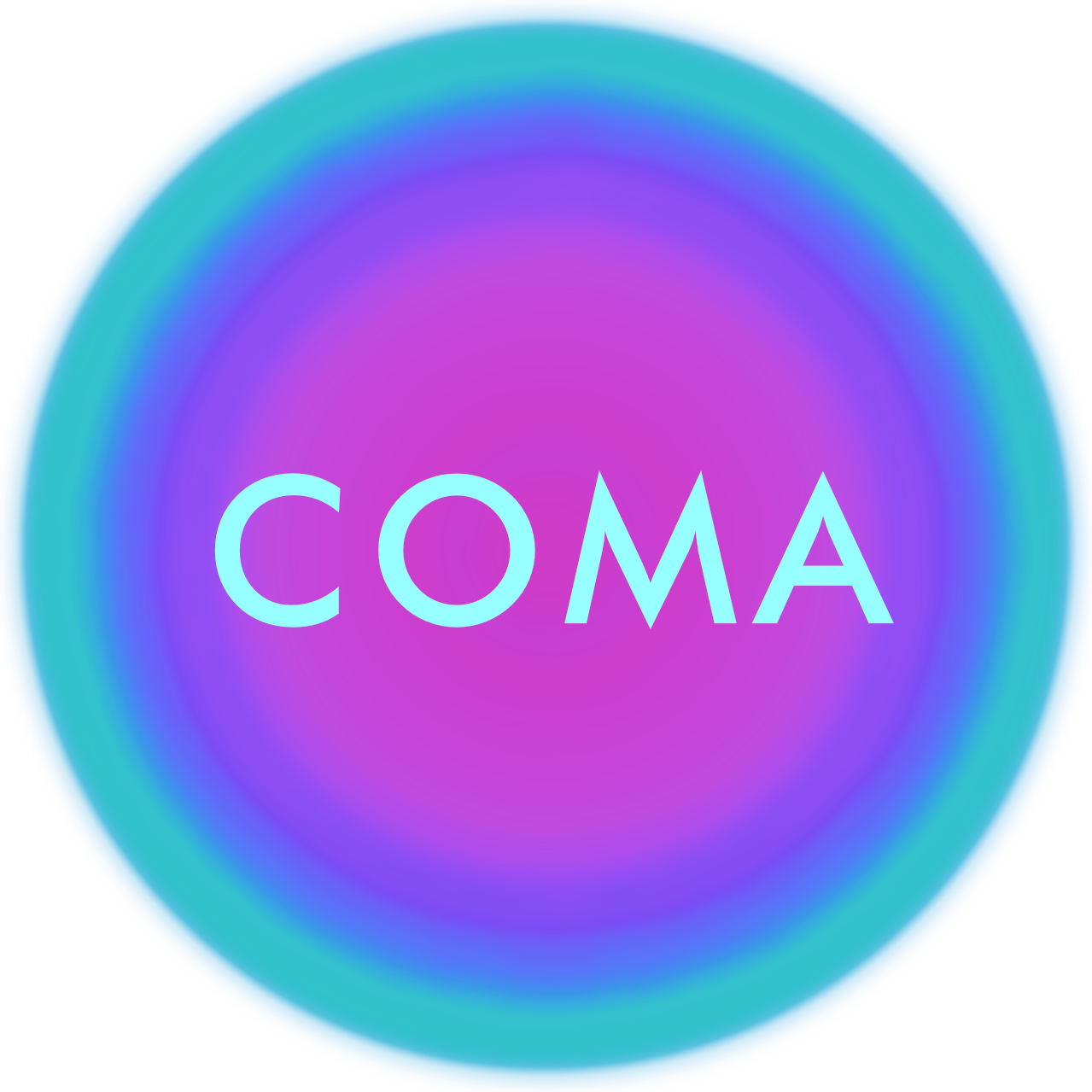WERNER SCHÖN
b. 1893, Berlin, Germany
d. 1970, Marquartstein, Germany
WORKS | BIOGRAPHY | EXHIBITIONS
SELECTED WORKS
BIOGRAPHY

Werner Schön had a difficult childhood, marked by his mother's severe depression. At the age of 16, his mother died, triggering a psychological crisis in Werner Schön, who refused to eat. In 1910, he defied his father's ban on studying art and received an apprenticeship as a porcelain painter at the Royal Porcelain Factory in Berlin (KPM). Under the artistic director Theodor Schmuz-Baudiss, he learned the art of porcelain painting, which at that time was dominated by the typical design of the late Art Nouveau period. In 1914 he was hired by KPM as a porcelain painter. His teacher was Franz Türcke (1877-1957), a very busy artist at the porcelain factory, whose works had a decisive influence on Werner Schön's development.
Again and again Werner Schön suffered from depressive phases in which he stopped eating. During these periods he experienced altered states of consciousness and was transported to a visionary land of tiny elemental beings, which was a healing retreat for him. As a draughtsman and painter, he had mostly depicted landscapes with great skill, influenced by late Art Nouveau, but only in a conventional way, without any particular individuality. The works from his periods of psychological crisis, on the other hand, shine with breathtaking ingenuity, clarity, precision and beauty of composition and coloring, and captivate with their unique individual character.
After World War I, he went through another deep psychological crisis and mystical experience. The fruits of this period were novel paintings and motifs that departed from his training and were no longer influenced by the aesthetics of Art Nouveau. They were oil paintings with expressive figures in search of a spiritual goal, located in an undefined realm or sphere between the earthly and the heavenly.
SELECTED EXHBITIONS
2016 Gallery Cebulla, Eichstädt, German, 17 February – 15 April 2016
1980 Werner Schön (1893 – 1970). Der zeichnerische und druckgraphische Nachlass. Kunstkabinett Dagmar Fleischmann, Munich, Germany, 1980.
1919 Ausstellung des Verbandes Deutscher Illustratoren, Berlin, Germany.



